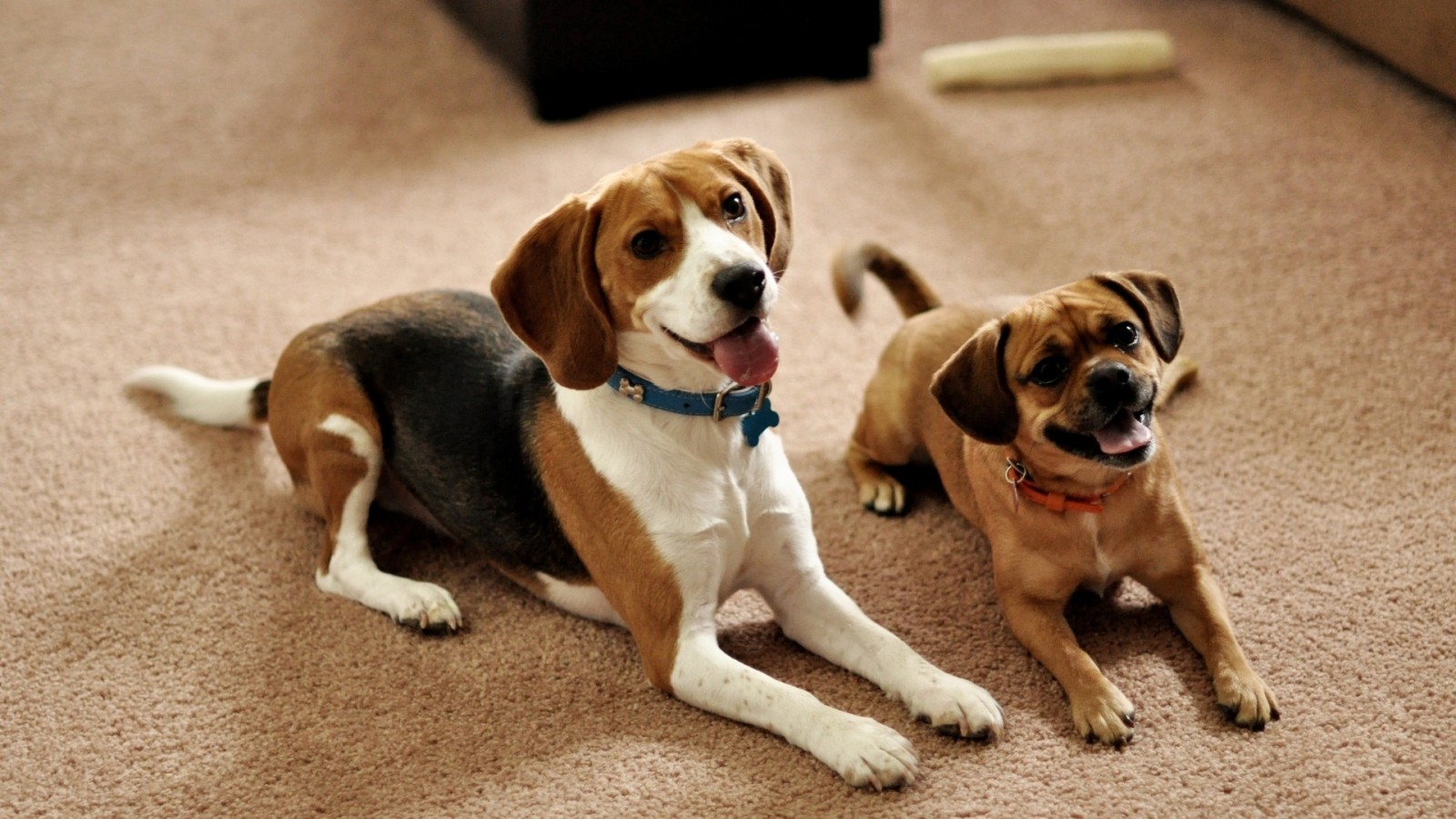
Beagle: Your New Pet
The Beagle is a breed with a rich history that dates back to ancient times. The modern Beagle originated in England as a scent hound primarily used for hunting small game such as rabbits. The breed’s name is believed to have originated from the French word «begueule,» which means «open throat,» referring to the Beagle’s melodious bay. Beagles became popular in the United States in the 19th century and were recognized by the American Kennel Club (AKC) in 1885. Today, Beagles are cherished as loving family companions and skilled scent dogs.
Physical Characteristics:

Beagles are small to medium-sized dogs with a sturdy and athletic build. They typically stand between 13 to 15 inches tall at the shoulder and weigh between 20 to 30 pounds. Beagles have a distinct appearance with a domed skull, long, drooping ears, and a tail that is carried high. They have a short, dense coat that comes in various colors, including tricolor (black, white, and tan), red and white, and lemon and white.
Health and Basic Care:

Beagles are generally healthy dogs with a lifespan of around 12 to 15 years. However, like all dog breeds, they may be prone to certain health issues such as hip dysplasia, intervertebral disc disease (IVDD), epilepsy, cherry eye, and obesity. Regular veterinary check-ups, a balanced diet, exercise, grooming, and parasite prevention are essential for maintaining their health and well-being.
Temperament and Personality:

Beagles are known for their friendly, outgoing, and merry disposition. They are sociable dogs that enjoy being around people and forming strong bonds with their families. Beagles are often described as «merry little hounds» because of their playful and energetic nature. They have a keen sense of smell and are natural scent dogs, making them excellent trackers and hunters.
Training and Socialization:
Beagles are intelligent and independent dogs that can sometimes be stubborn, particularly when it comes to following their noses. Early training and socialization are essential to channel their energy and instincts positively. Positive reinforcement techniques such as treats, praise, and rewards work well with Beagles, as they respond best to gentle and consistent training methods.
Nutrition:

A balanced diet tailored to their size, age, and activity level is essential for Beagles’ health and well-being. Feeding them high-quality dog food formulated for small to medium-sized breeds will provide them with the nutrients they need to thrive. Portion control is important to prevent obesity, which can lead to health issues, and fresh water should always be available.
Suitable Environment:

Beagles are well-suited to various living situations, including apartments, houses, and rural environments. They are adaptable dogs that can thrive in both indoor and outdoor settings, but they require regular exercise and mental stimulation to prevent boredom and destructive behaviors. Beagles enjoy daily walks, playtime, and opportunities to explore their surroundings.
Frequently Asked Questions:
Are Beagles good family dogs?
- Yes, Beagles make excellent family dogs. They are friendly, outgoing, and affectionate, making them great companions for individuals, couples, and families alike.
Do Beagles bark a lot?
- Beagles are known for their distinctive bay and may bark occasionally, particularly when they are excited or alert. Proper training and socialization can help manage their barking behavior.
Are Beagles good with children and other pets?
- Yes, Beagles are usually good with children and other pets when properly socialized from a young age. They are sociable dogs that enjoy companionship and can make wonderful additions to families with children and other animals.
Do Beagles require a lot of exercise?
- Yes, Beagles are active dogs that require regular exercise to stay healthy and happy. Daily walks, playtime, and opportunities to explore their surroundings are essential for their physical and mental well-being.
Are Beagles difficult to train?
- Beagles can be independent and stubborn at times, which can make training challenging. However, with patience, consistency, and positive reinforcement techniques, Beagles can learn obedience commands and basic manners effectively. Starting training early and being persistent are key to success with this breed.
